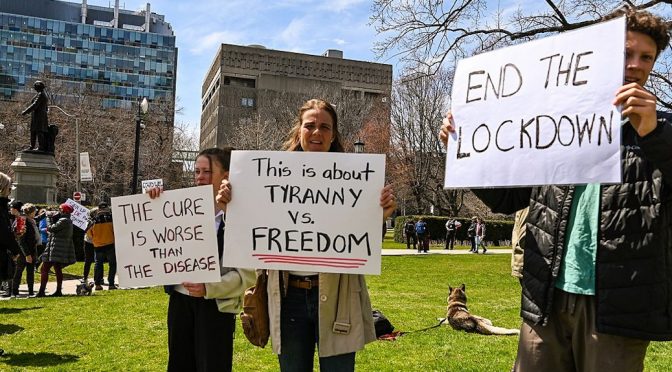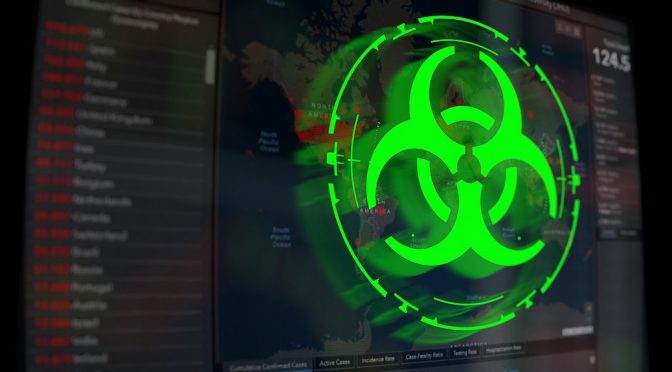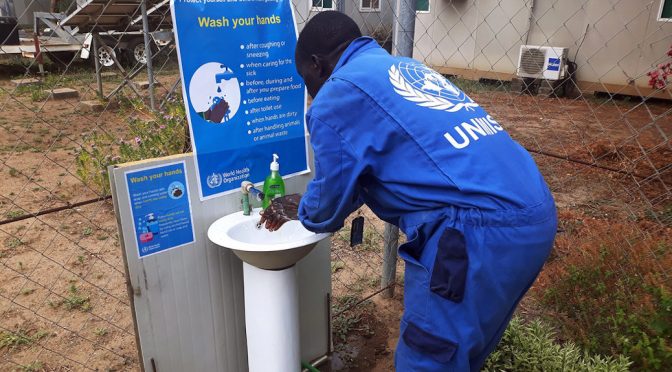In exploring how Canada’s Constitution has affected its response to COVID-19, Amir Attaran explains how the legal and political contours of Canadian federalism have become a brake on the country’s response to the pandemic. Unlike what Canadians may believe, the black letter law of their Constitution is not the cause of the problem, it is… Continue reading The Failing Federation: Why Canada Is Ineffective at COVID-19
Category: Vol. 11 No. 1—SPECIAL COVID-19 ISSUE
A special issue on the law, policy, and security issues of the COVID-19 pandemic.
Cyber Attacks and Cyber (Mis)information Operations During a Pandemic
Marko Milanovic and Michael N. Schmitt explain that the COVID-19 pandemic has starkly highlighted the need to further international cyber law discourse amongst states. Malicious cyber operations directed against medical facilities and capabilities and campaigns of misinformation have interfered with states’ abilities to effectively fight the virus and treat their populations. These acts can be… Continue reading Cyber Attacks and Cyber (Mis)information Operations During a Pandemic
U.N. Peacekeeping in a Time of Pandemic: Reconciling Armed Conflict Management While Helping to Fight COVID-19
Shortly after the World Health Organization declared the coronavirus outbreak a pandemic, the United Nations issued an appeal for a pause in hostilities around the world. In this paper, Bruce C. Rashkow discusses how the pandemic has impacted U.N. peacekeeping operations in response to such conflicts and explores the ways in which peacekeeping forces have… Continue reading U.N. Peacekeeping in a Time of Pandemic: Reconciling Armed Conflict Management While Helping to Fight COVID-19



